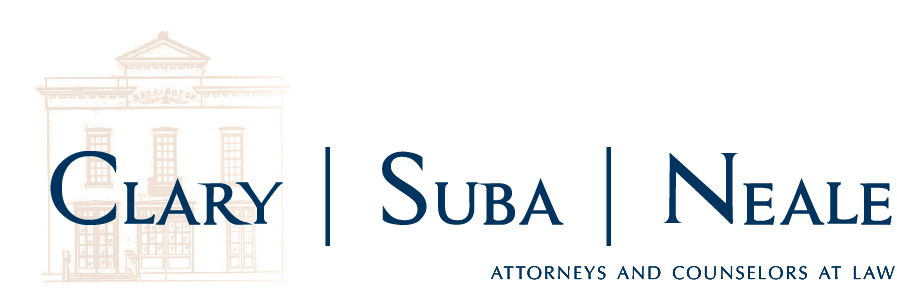Many different types of entities in Louisiana use liability waivers to prevent victims from taking legal action after suffering an injury. For example, a tattoo parlor may require patrons to sign a waiver so that they cannot sue the parlor if a serious infection occurs. Other examples of businesses and companies that use liability waivers include the following.
- Tour operators
- Schools
- Campgrounds
- Amusement parks
- Ski resorts
- Equipment rental companies
- Skydiving operators
In many cases, the liability waiver you sign may not prevent you from pursuing a personal injury claim. However, these waivers do seem to limit claims simply because injured parties believe the waiver will not permit a legal solution. Fortunately, there are ways a liability waiver may fail as legal protection against injury claims.
All liability: Forms that waive all liability are often unenforceable because courts find them too broad and nonspecific.
Reckless or intentional acts: Waivers that force you to sign away your legal rights in the face of a reckless activity may not hold up in court.
Waivers involving children: In some locations, parents cannot sign away an entity’s responsibility if a child suffers an injury during an outing or event. For example, if you sign a waiver for your child’s school-sponsored field trip, you can probably still seek a legal remedy if your child is injured.
Always read liability waivers in full before you sign them. If you or a loved one suffers an injury, take the waiver and your account of the incident to an attorney for guidance on the legal options that are at your disposal.

